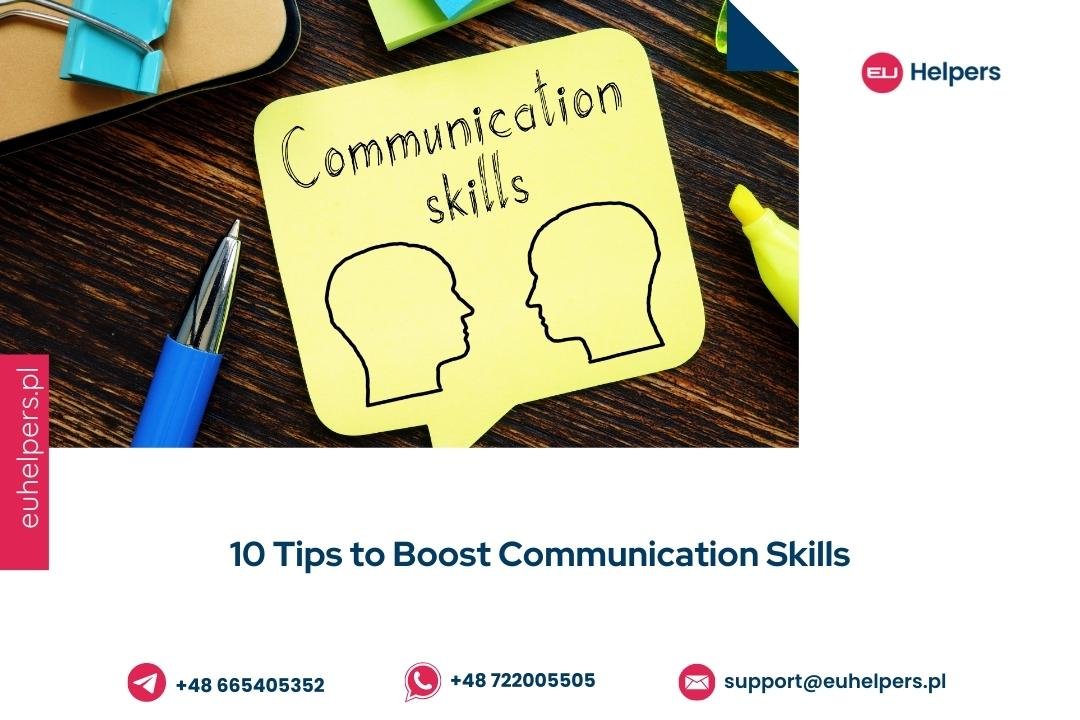Effective communication is an invaluable skill in both personal and professional environments. Whether you’re in a team meeting, delivering a presentation, or simply connecting with friends, strengthening your communication skills can help improve relationships, enhance clarity, and make you a more impactful speaker. Here are ten actionable tips to help you become a more effective communicator:
1. Practice Active Listening
Communication isn’t just about speaking—it’s also about listening attentively. Active listening means fully engaging with what the other person is saying, comprehending their message, and responding thoughtfully. Try to avoid interruptions, acknowledge what’s being said with subtle gestures like nodding, and offer verbal cues to show you’re engaged.
2. Strive for Clarity and Brevity
When expressing your thoughts, aim to be as clear and concise as possible. Avoid technical jargon or overly complex language that may confuse your listener. By sticking to the main points and conveying your ideas in a straightforward manner, you’ll help ensure your message is easily understood.
3. Use Body Language Effectively
Nonverbal cues, like body language, gestures, and facial expressions, play a crucial role in communication. Simple actions—like making eye contact, using appropriate gestures, or maintaining an open posture—can enhance your message and demonstrate confidence. Remember that body language can either reinforce or contradict what you’re saying, so be mindful of how you present yourself.
4. Cultivate Empathy
Empathy is key to creating positive and meaningful interactions. Try to understand the feelings and perspectives of others by putting yourself in their shoes. This practice helps you respond more thoughtfully and create a more supportive dialogue.
5. Ask Clarifying Questions
Asking questions shows interest and encourages a two-way conversation. It also helps clarify misunderstandings and demonstrates that you value the other person’s input. Opt for open-ended questions, which invite more expansive responses and can lead to deeper, more engaging discussions.
6. Pay Attention to Your Tone
Your tone of voice can significantly impact how your message is received. A friendly, respectful tone conveys openness, while an overly assertive tone can create tension. Aim for a warm and approachable tone to foster positive interactions and reduce the chance of misunderstandings.
7. Tailor Your Message to Your Audience
Effective communicators know that different audiences require different approaches. Consider who you’re speaking with and adjust your language, examples, and tone to fit the audience. Customizing your message helps ensure it resonates with those listening and leaves a positive impression.
8. Practice Public Speaking
Public speaking can be a powerful way to develop your overall communication skills. By joining speaking groups or practicing in front of family and friends, you can gain confidence and improve your ability to communicate in a range of situations.
9. Seek Constructive Feedback
Receiving feedback from others is one of the most effective ways to improve. Invite friends, family, or colleagues to share their honest opinions about your communication style. Constructive feedback can provide insights into areas you may need to work on, helping you refine your skills over time.
10. Stay Open-Minded
Keeping an open mind during conversations is essential for effective communication. Being receptive to new ideas and perspectives—even those that differ from your own—can foster respect and lead to more productive exchanges.
Improving your communication skills is a journey that requires dedication and practice. By focusing on active listening, clarity, empathy, and adaptability, you can become a stronger communicator, enhance your relationships, and increase your effectiveness in personal and professional settings.

